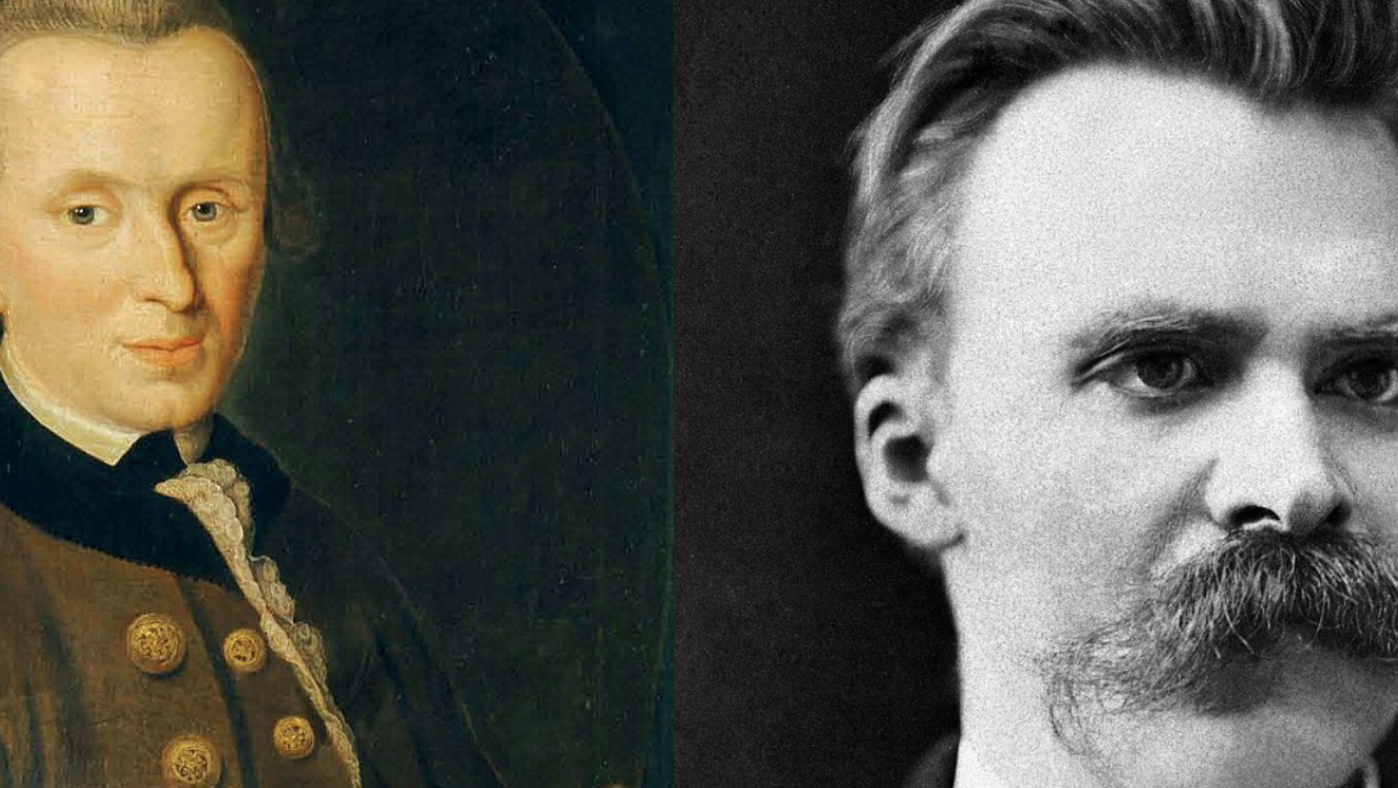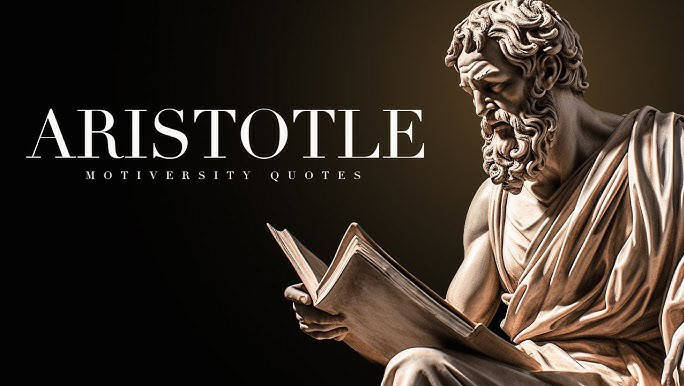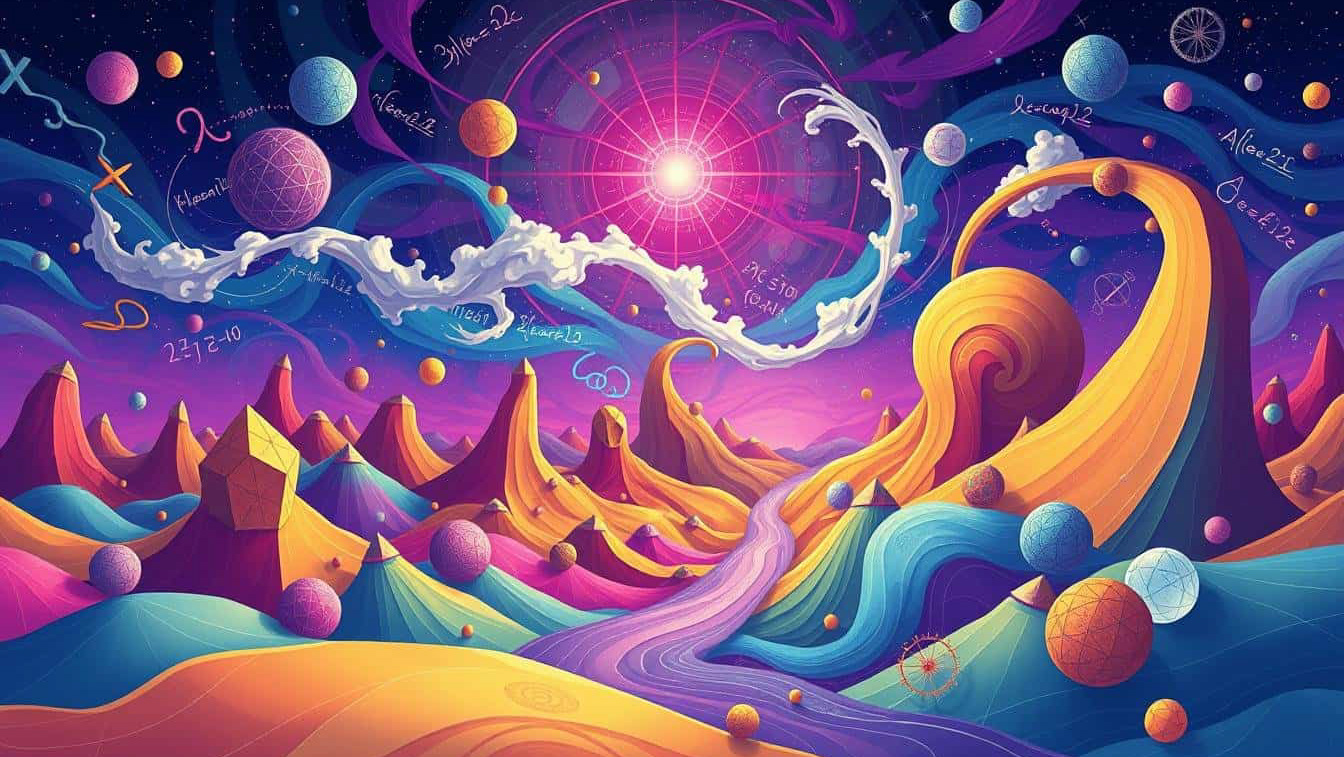Plato was profoundly influenced by Socrates, as evidenced by his early dialogues, in which he parrots Socrates. 'The Republic' may be Plato's attempt to gain a better understanding of Socrates. He devotes Republic to the challenging riddle of why being just is better than being unjust, even if considered unjust to everyone else, a question posed by Glaucon and Adeimantus at the start of Book 2. What is justice for Plato, I illustrate in the first section of the present essay. I then continue with his three reasons for why being just is better than being unjust, which were discussed in Book 1. Finally, I conclude that justice is the underlying principle of happiness and pleasure, demonstrating why I concur with Plato's third reason but not with his first two.
Plato's goal is to convince us that justice is a good thing in and of itself, independent of its consequences. As far as we read Book 1, we see numerous discussions with Socrates and other interlocutors. Socrates' interlocutors associate justice with just actions, but for Socrates, justice is unrelated to actions. Actions are relative to someone's soul, as only a just action can perform a just act. Cephalus defines justice as the condensed version of honesty and payment of debts. However this is not what Socrates seeks, as he refutes this definition with the counterexample of a Madman, for it would not be just to repay debts to a friend who he is not in the right frame of mind at the moment. Socrates also rejects the broader definition of justice advanced by Homer, Simonides, and Polemarchus, according to ‘justice is to benefit one’s friends and harm one’s enemies’ (332d4). Someone could be mistaken for a person's intrinsic value, in which case, he would behave badly toward a good person. According to Socrates, justice is a virtue that should be applied to both friends and enemies, because when we inflict pain on someone, he deteriorates, not improves. Individuals, like children, imitate actions. By inflicting pain on an unjust person, you aggravate him, as he will attempt to impersonate you in the future. This is why Plato (395b-e) does not allow representations of unjust actions in poetry or drama in his State.
At the start of the third discussion of Book 1, Plato associates justice with ’techne,’ but not with skill, as Polemarchus incorrectly infers. He continues to demonstrate to Thrasymachus that rulers (341e-342e) do not pursue their own interests, but those of their subjects, thus rejecting Thrasymachus' initial assertion that ‘Justice is the interest of the stronger.’ According to Pappas (2001), if politics enacts laws for its subjects, then justice is the interest of the subject. Although Thrasymachus then begins to exhale his original thoughts supporting Immoralism. The battle has begun and the ‘’Immoralist Challenge’’ has been issued. Plato defends pure moralism, devoid of any ‘slice’ of immoralism, against the ancient Greeks' common view of vengeance.
One of those Greeks was Thrasymachus. He provides a great illustration of society's underlying unjustness and why the unjust man ends up being much happier. Thrasymachus and Socrates (349c10-d1) arrive at the statement, ‘The just man does not compete with his like, but only his unlike, while the unjust man competes with both like and unlike.’ Socrates raises the following argument:
1. The just man does not compete with his like, but only with his unlike.
2. The unjust man competes with both his like and his unlike.
3. Knowledgeable people do not compete with their likes, by saying, possessing, or doing more. Only the ignorant believe they are more valuable than others (pleonexia)
4. A knowledgeable person is good and wise.
5. The just man is good and wise, whereas the unjust man is bad and ignorant.
If a person attempts to compete, speak up, and prove himself to everybody, rather than just to ignorant people, he is unable to detect who is wise and who is not, depriving himself of knowledge and thus of reality. Sometimes, philosophical knowledge and insights emerge spontaneously during conversations. If an individual attempts to compete with everyone, he prevents himself from learning because he deprives himself of new insights that could emerge from a healthy discussion.
However, let us consider a case involving a just and an unjust person, referring to it as ‘the Star argument.’ Imagine that two Astronomers discover a new star simultaneously. Not long after their discovery, the first Astronomer insists that he saw the star first, as he wishes to name it after his name. This brings us back to the debate between Leibniz and Newton over who invented calculus. As Thrasymachus (343d3-8) says,
In any business, you will not find the just man better off at the end of the deal than the unjust…and when there is anything to be got, he will get a lot, the just man nothing;
However, the second man is too excited with the new measurements he can make to pay attention to the unjust Astronomer. Reason appears to override honour in the case of the just Astronomer. According to Plato, he is a Guardian, as Plato classifies the human mind into three categories: Reason, Spirit and Desire, each of which corresponds to Guardians, Auxiliaries, and common citizens, respectively. Reason represents a desire for knowledge, whereas spirit, courage, honour and ambition.
Thus, my response to the ‘Star argument’ is that for the just scientist, whether the star receives his name or not is irrelevant, as he is not motivated by honour or money but by the pursuit of the truth. As Socrates (581b1-4) states, ‘The element of understanding is directed to the discovery of the truth and is least concerned with wealth or reputation.’ He would gladly accept recognition but would not complain if he did not receive it, because all he had gained thus far was the discovery of a star, satisfying the genuine desire instilled in his heart.
Someone could object, claiming that while the unjust scientist obtains this satisfaction, he also desires honour and recognition. This raises the argument that impure justice pays off better than a pure, just life. In this way, you can consider both ‘the deontological’ and ‘consequential’ aspects of justice without abandoning the latter. Glaucon is inquisitive as to why pure justice pays off better, affirming that what matters is to appear just rather than to be just. He (362a-c) makes the point that a man who appears just lives a better life. With his wealth and fame, he can choose any partner or business partner he wants. According to him (362b6-c2),
In all kinds of competition, public or private, he always comes off best and does down his rivals, and so becomes rich and can do good to his friends and harm his enemies.
As Thrasymachus insists, this implies that injustice is a source of power and strength. For if a ruler (344b4-c3) exploits the entire city and turns its citizens into slavers, the citizens admire him and regard him as happy and fortunate, rather than as evil, ignorant, or unjust. The majority of those at the top are impure and unjust, and the majority of people are aware of this. Some assert that politics is all about diplomacy, power and money. However, the question is whether they would restrain themselves if they possessed such power. As Abraham Lincoln once said, ‘Nearly all men can stand adversity, but if you want to test a man’s character, give him power.’ On the other hand, if we know someone who is just but impoverished and helpless, we pretend to admire him while feeling almost pity for him. We tell everyone, including 'ourselves,' that he is a good and just man, but we refuse to assist him or spend time for him. As Glaucon (360d2-7) discusses, if anyone had the liberty to act freely without punishment and acted justly, men would regard him as an idiot, but would pretend that this is the right thing to do.
For Plato, though, power is not a source of strength but of weakness because it obstructs cooperation and unity. Individuals need each other, as cooperation and unity increase the likelihood of achieving a goal. For even among gangsters, people show compassion and are benevolent toward one another. Without unity, any cooperative action appears impossible. Plato (352c, 36) explains that no one is purely unjust, but that even an unjust person employs justice in some aspects of her life, stating:
They were in fact only half corrupted when they set about their misdeeds, for had their corruption been complete, their complete injustice would have made them incapable of achieving anything.
Plato believes that 'pure injustice' is not beneficial, implying that it follows from impure justice. A pure unjust person ends up with no friends, is incapable of acting according to his desires, and is devoid of discipline, reason, spirit, and unity. Although assuming that pure injustice follows from impure injustice, we commit the slippery slope and ignorance fallacies, as many people find a balance between justice and injustice. Apart from that, even a purely just person can become a victim of disunity. I could be a moral person and still find myself alone in the chaos of contemporary capitalism, which is deemed unjust by everyone else. Why should I remain 'just' and ignore the rules of diplomacy and persuasion, as well as Schopenhauer's art ‘of always being right,' as Glaucon suggests (365d2-6)? Consequentialism is associated with disunity and competition. Glaucon and Adeimantus are concerned with the deontological dimension of justice, as they recognise that Socrates misses the point. What would happen, as Glaucon (361b7-c-d4) puts it, if a just man had ‘the worst of reputations for wrongdoing even though he has done no wrong?’ What is that very thing that accompanies justice intrinsically?
Plato captures the meaning with his third reason, that justice is the inner function of the soul and a necessary corollary of happiness. When Socrates correlates justice with skill in his discussion with Polemarchus, he (332d2) means ‘Then what does the ‘’skill’’ we refer to as justice supply and to whom?’ For Plato, justice is the sole ‘skill’ that exists, the underlying substance from which all virtues derive. Justice is a pure layer made up of virtue that should remain immaculate. Today, Plato would support Quantum Physics (Holism) over Special Relativity (Reductionism). Even if his representation of the State appears to be more ‘Relative,’ his ideas form an absolute whole.
We begin to understand that this underlying substance is made of pleasure in Book 4 when Plato divides the human mind into three functions. He classifies the human mind into three components: Reason, Spirit, and Appetite (Tripartite). Plato demonstrates (443d-e) how a harmonious, unified soul corresponds to happiness and justice (441d12-e2) by pointing out:
Then we must remember that each of us will be just and perform his proper function only if each part of him is performing its proper function.
In Book 9, he continues with the following argument:
Reason enjoys the pleasure of discovering the truth.
Spirit enjoys the pleasure of honour and ambition.
Desire enjoys the pleasure of physical luxuries.
The highest pleasure is the discovery of the truth.
The pleasure of knowledge is more real than the others.
Only a true Philosopher knows what real pleasure is.
To get an illustration of it, imagine a pyramid of pleasures. The highest pleasure is the discovery of truth. Without Philosophy and wisdom, it is impossible to perceive the genuine phantom of satisfaction. As Socrates (583b4) puts it, ‘Only the pleasures of the intelligence are entirely true and unadulterated, and all others an empty sham.’ According to Plato, all other pleasures are merely illusions within the realm of the physical world, whereas reason transcends the realm of the physical. It is a metaphysical claim, because once you begin to comprehend the realm of unchanging substance, you cannot continue to cling to mere shadows. Without comprehension, you misperceive all other pleasures. Additionally, since the just person is capable of causing the greatest amount of harm (332d-e7), he derives greatest pleasure from even the smallest pleasures, because he perceives the real extent of each pleasure.
The Pyramid of Pleasures
To return to the Star argument and conclude my response, I believe that the just Astronomer seeks harmony over fame and reputation, because he is so at ease within himself that he cannot now begin arguing about something less important. He would be distracted from his reality of higher pleasures. For if the unjust Astronomer was truly concerned with knowledge, his first thought would not be about the honour and reputation he might gain from this achievement. Instead, he would be astounded by this great discovery. He would pause for a couple of days before considering his reputation. If you are thirsty and hungry, the first thing you do is drink water.
After all, I would characterize justice as the underlying function of pleasure, and thus of happiness. An ignorant person constantly makes false inferences about others, living in a world of psychological deceptions. Plato is not precise, but he is right in that he combines happiness, wealth, and justice all in a perfect state. He never stated that such a state would ever exist, but if it did, good consequences would compensate for the greater pleasure of justice. Consequences, on the other hand, are neutral and unnecessary for happiness. However, Capitalism requires impure justice, and thus only the third reason of Plato is valid. This reason demonstrates that a just man is content in even the most difficult circumstances. Even though he is aware he will die, he does not feel victimised by anyone. He stands with owe, his gaze fixed on death, aware that he is surrounded by sick people who have no idea what they are doing. There, he is superior, not a victim of anyone, not even wanting to cry for himself, but for others who have never known the real pleasure of truth. On such a wise, it is better to be the just man, even if everyone else believes you are unjust. Of course, Socrates would provide us with many more deontological justifications for this claim. Pappas (2001: 5) articulates, ‘For Plato, Socrates’ courage, honesty, and integrity always overlap with his intellectual virtues, especially his devotion to the truth for its own sake.’ Plato attempts to encompass Socrates in his entire worldview, frequently becoming perplexed even in his classification, as he implies that reason is the underlying substance of everything. I would assert, ceteris paribus, that spirit, not reason, is the underlying substance. That is not to say that Plato's intention was not to justify the just.
In conclusion, I arrive at the assertion that it is better to be the just person, even if considered unjust by everybody else. In this present essay, I cast a glance at the definition of Justice according to Plato. I explained why a just person is more likely to only compete with his like and not with his unlike, ultimately taking nothing. I demonstrated that pure injustice is not a sign of power, but of weakness, and concluded that impure justice produces superior results to pure justice. Finally, I investigated that justice is the function of the soul, from which all pleasures derive. Plato is right in all of his reasons, though his first two reasons can be easily undermined by a capitalist response. Only the third reason is necessary to the pleasure of justice. It is a valid reason, as only pure personalities are capable of experiencing this pleasure. Socrates, Jesus Christ, Nelson Mandela, Martin Luther King, and Gandhi all had the opportunity to rise to the top, but they chose to remain pure.
References:
Plato. (1946). Plato’s The Republic. (2nd ed.). London: PenguinGroup
Pappas, Nickolas. (1995). Plato and the Republic. London: Routledge








